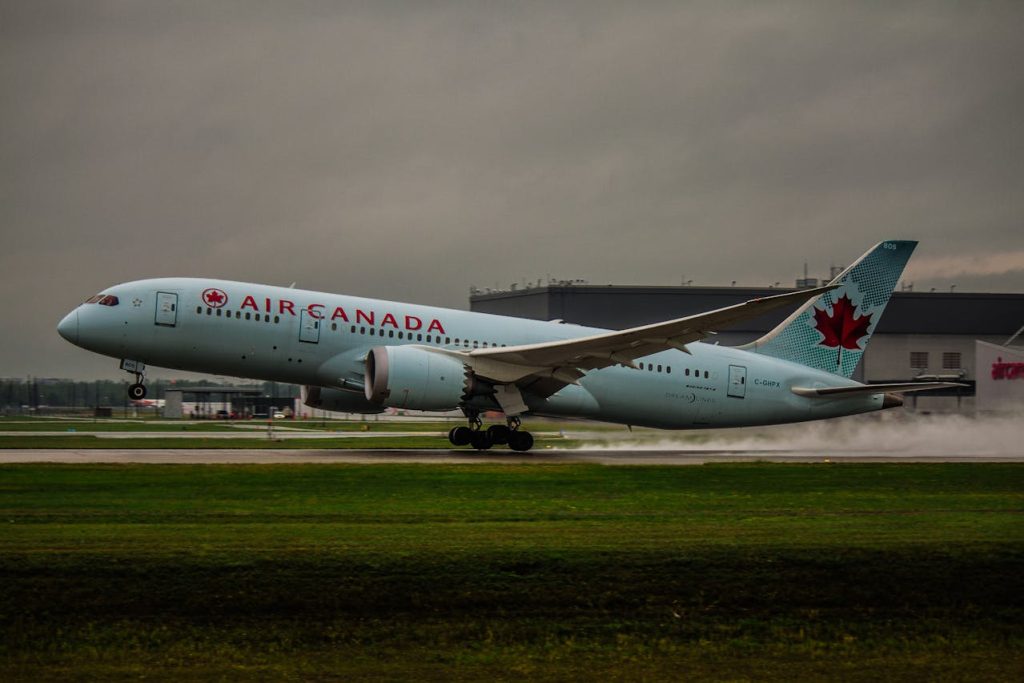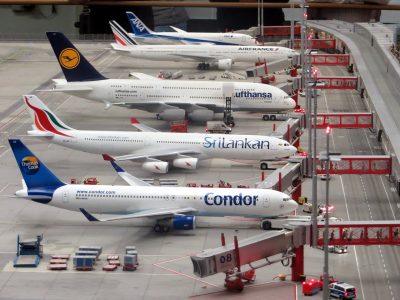After pay talks broke down, the Canadian government ordered binding arbitration to put an end to a 10,000-flight attendant strike by Air Canada.
After late-night talks with both parties, Labor Policy Minister Patty Hajdu made the announcement on Saturday. She claimed to have concluded that the parties had little chance of coming to a consensus on their own. “They are so far apart on a number of issues that they are going to need some help,” she said. Hajdu had previously stressed that the best course of action was still a negotiated settlement.
Canadian government to end Air Canada flight attendant strike
Air Canada was forced to halt operations on Saturday due to the strike, which started just before 1 a.m. ET. In anticipation of a labor disruption, the airline had already begun to ground flights on Thursday. The airline warned that it might take seven to ten days for regular operations to resume after flights were canceled across Canadian airports by Saturday. According to Air Canada, some flights might resume on Sunday night.
The Canadian Union of Public Employees (CUPE), which represents the flight attendants, accused the Montreal-based airline of stalling negotiations and relying on Ottawa to step in, similar to the government’s intervention during last summer’s rail strikes. According to a statement from CUPE, “Air Canada responded by sandbagging the talks,” citing the union’s “reasonable proposals for a fair cost-of-living wage increase.” CUPE maintained that in the end, the government gave Air Canada what it desired.
Air Canada used its most recent pay offer as support for its stance. According to the airline, it suggested raising total compensation by 38% over four years, with a 12%–16% increase in hourly wages in the first year. Air Canada said its package included boarding pay, a type of compensation that American unions have pushed for in recent years. Delta Air Lines originally offered flight attendants boarding pay equal to half of their hourly wage, and other airlines like American Airlines and Alaska Airlines have since followed.
One issue, many impacts
Beyond passenger travel, the strike had wider ramifications. Air Canada flies to almost 60 countries, transports roughly 130,000 passengers daily, and runs almost 200 flights to the United States. It links with international partners like Singapore Airlines, United Airlines, Lufthansa, and Turkish Airlines as a member of Star Alliance. The company’s cargo division, which has hubs in Frankfurt and London, also issued a warning about significant supply-chain interruptions that might postpone the donation of life-saving organs and even medications.
The flight attendants seemed to have the support of the public. According to an Angus Reid Institute survey, 59% of Canadians agreed with their demands, which included compensation for labor done prior to takeoff. After a 10-year contract expired earlier this month, 99.7% of the attendants had approved strike action.
One of the main reasons for Air Canada’s lower second-quarter earnings than the previous year was the decline in U.S.-Canada traffic.
Featured Image Credit: Vincent Albos; Pexels: Thank you!















